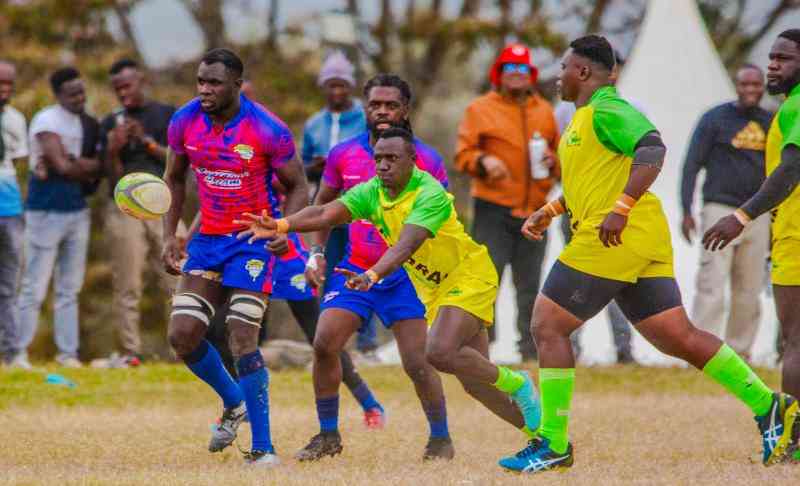
Is Kenya a playground for money launderers and safe haven for illicit cash flows? About a fortnight ago, the Financial Action Task Force (FATF) whose mandate includes combating illicit cash flows and terrorism financing placed Kenya on the grey list.
This is a predicament that Kenya finds itself in for a second time. The first time was in 2010 when Kenya was listed as a high risk country for delays in enacting laws to tackle criminal financial activities as well as failure to track money laundering. But within four years, Kenya was out of that list. Of interest is what it means for a country to be grey-listed and what that says about its financial infrastructure.

